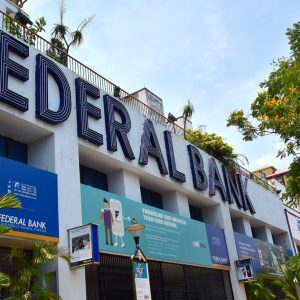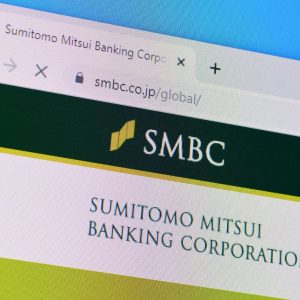The US regulator claimed that TBUK, a wholly owned subsidiary of Turkish Bank, violated the rules for almost two and a half years, thus facilitated money laundering and put the US financial system under risk.
During the course of investigation, FSA found that TBUK acted as a correspondent bank between 15 December 2007 and 3 July 2010 for nine respondent banks in Turkey and six respondent banks in Northern Cyprus.
As per the existing MLR provision of the US, providing correspondent banking services to banks based in non-EEA states is recognized as creating a high risk of money laundering which needs enhanced due diligence and ongoing monitoring of the relationship.
In July, the federal watchdog inspected TBUK to have a glimpse of banking operation in dealing with money laundering risks in the UK and found the lackluster controls over correspondent banking.
FSA acting director of the Enforcement and Financial Crime Division Tracey McDermott said Turkish Bank fell far short of the standards expected from firms in managing their money laundering risks.
"Turkish Bank’s correspondent banking business made it particularly vulnerable to money laundering risks and its failings exposed UK financial services to the possibility that money could be laundered through the UK. We will continue to demand the highest standards from banks and to take tough action for those banks that fail to meet them."
TBUK has agreed to settle the case with the FSA at an early stage of the investigation, failing which would have been a fine of £420,000.






